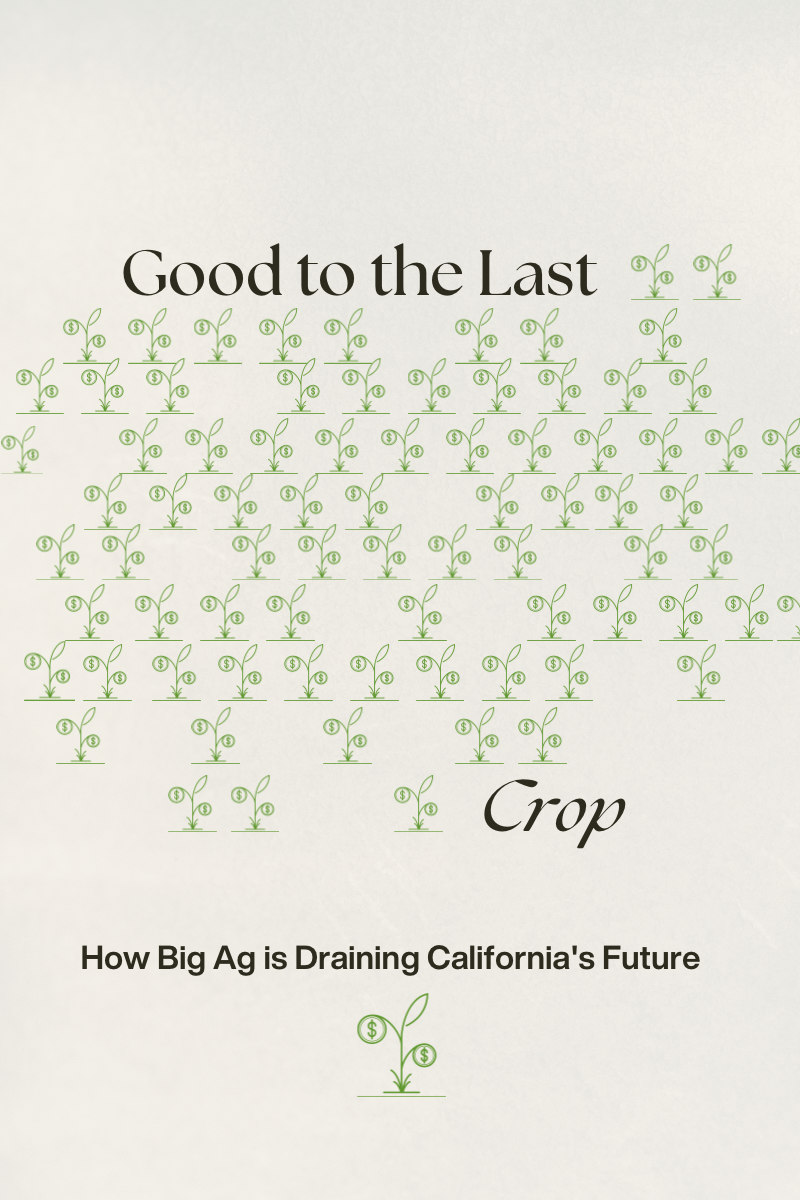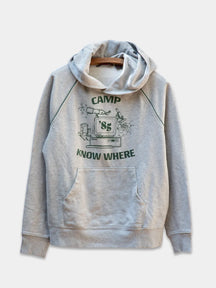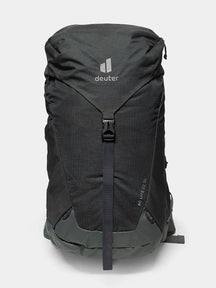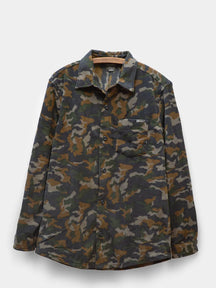By Tia Trinh for The Bottom Line UCSB
Executive Content Editor
In 2019, UC Santa Barbara launched the Environmental Leadership Incubator (ELI) program, headed by Dr. Simon Pulver. The program selects 20-30 undergraduate studentseach year for a nine-month program that fully engages them in hands-on research and initiatives in environmental causes. One of the student leaders this year is Lily Poehler, a second-year environmental studies major who recently started The Microfiber Initiative.
The Bottom Line had the opportunity to speak with Poehler about her work in the ELI program as well as the work she’s been doing as an ELI student leader. Her campaign, The Microfiber Initiative, is aimed at raising awareness about microfiber pollution, or microplastic pollution, from clothes. The ELI program gives students the opportunity to work with a mentor in the field, aiding in their project development. Poehler’s mentor is part of 5 Gyres, a conservation nonprofit, and has been essential in helping her with the project.
As Poehler described, the project “is a campaign aimed at raising awareness of microfiber pollution, which is the microplastic pollution from clothes.” Through advocacy in-person and over social media, Poehler has three aims for her project: raising awareness about microfiber pollution, offering sustainable tips to mitigating microfiber pollution, and a petition that asks for change on a state level.
Poehler noted that “Microfabrication makes up 35 percent of all microplastic pollution.” Because many of our clothes are made of plastic materials, these microplastics end up shedding off in the wash. These go from our washing machines to the environment, consumed by animals and then consumed by humans, making them increasingly common in our food, water, and air.
Fast fashion is also one of the biggest contributors towards microplastic pollution. Poehler discussed how lower quality textiles are not made sustainably, with the fibers not being woven together as tightly. This results in the release of fibers more easily. She said, “Many fast fashion materials are made out of plastic-based materials like polyester or nylon which don’t break down in the environment over time. Fast fashion encourages people to overconsume and buy things that are trendy and likely to end up in the environment.” A more sustainable alternative, she added, is to try to wear more cotton and hemp material clothes.
In order to spread awareness as well as engage viewers in taking action, Poehler offered some suggestions, starting with encouraging people to wash their clothes in cold water and on the delicate setting. Both of these settings are less harsh on clothes, meaning less microfibers are being stripped into the water. In addition, items such as the Guppyfriend and PlanetCare microfiber bags are designed to catch these microfibers in the wash and be thrown away properly. She does note that these items may not be as accessible to college students due to the price, but the investment is beneficial for both clothing lifetime and health.
In addition to the bags, people can purchase a Cora Ball Microfiber Laundry Ball, an item that does exactly as it says. Poehler explained that this item is supposed to mimic coral and can be tossed in with laundry, helping to catch the microfibers in the wash.
Thinking long term, Poehler hopes that the petition and letter-writing campaign she has been working towards will contribute towards policy change on a state level. She explained, “[This] could look like mandating filters on washing machines, because there is the technology for manufacturers to put filters into washing machines.”
For more tips, advice, and information about how to get involved with The Microfiber Initiative, visit their Instagram @themicrofiber_initiative.








